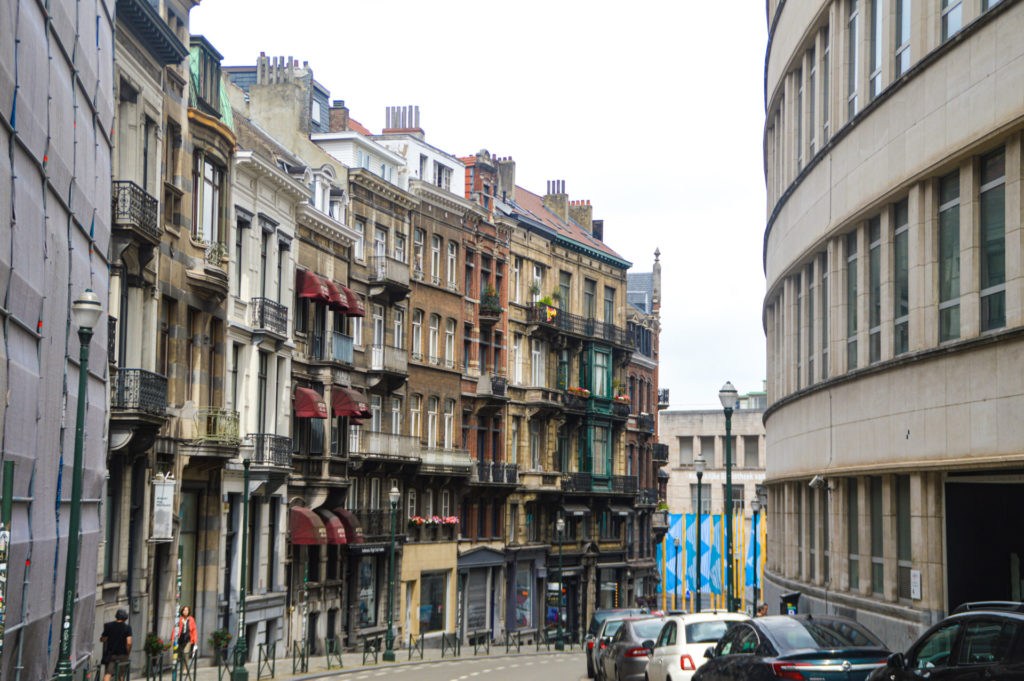The average price of Belgian houses has increased significantly over the last half a century. According to Belgian newspaper La Libre Belgique, since 1973, average house prices have only fallen on two occasions- during the start of the 1980s and during the financial crisis of 2008. Otherwise, prices have steadily creeped upwards, with the housing market being completely inaccessible to many young house buyers.
When not accounting for inflation, the price of Belgian houses within the space of 50 years has increased fifteenfold, with steady increases being recorded all across the country. The sharpest increase in house prices was recorded in Flanders. The price of terraced and semi-detached properties has also significantly increased in price since the year 2000.
The price of homes in Belgium has significantly accelerated over recent years. Between 2019 and 2021, the average price of Belgian homes increased 16.4%. This is above the average 15.5% eurozone average price increase, but behind nations such as Luxembourg (+30.8%), the Netherlands (29.1%), and Germany (+21.9%).
But a looming international recession may potentially aggravate this trend of hyperstable real estate price growth. With historically low interest rates set to rise significantly, credit is about to become a lot less affordable for many house buyers.
Back in the 1980s, interest rates on mortgages were as high as 14% in Belgium. Last year, they averaged just 1.5%. The National Bank of Belgium (NBB) estimates that the average lending rate of Belgium banks is expected to rise significantly to around 3.31% next year.
More expensive mortgages may mean less demand for credit and lower demand for housing. This in turn could have an impact on house prices, which may potentially increase even more significantly. The NBB now predicts a “moderate growth in house prices” to come this year.
Some initial data suggests that the opposite is happening. As interest rates have gone up, less transactions have been recorded. Despite this, accounting for inflation, some slight drops in average house prices were recorded in the second quarter this year. The average cost of a flat in Belgium is now €257,839, a real price drop of 5.3%. This may help young people get on the property ladder.
This year, Belgium has experienced huge demand for new housing, with many property developers complaining that the process of obtaining the necessary permits is too long. In Brussels, the problem is particularly acute.
House building dropped to record lows during the pandemic and a recent report noted that half of Brussels residents at risk of poverty now live in housing considered “too cramped in relation to the size of their household.”
Related News
- EU house sales increase significantly in 2021
- Record amount of investment in second homes last year in Belgium
Despite this, the NBB insists that house prices are not being driven by a lack of supply, but rather demand factors during the Covid-19 pandemic. Real estate is viewed as one of the safest investments and many savvy investors snap up properties for their financial value.
Regardless of the causes of the housing crisis, the effect of high house prices can clearly be observed among Belgium’s residents.
Belgians can afford, on average, 11% less house space than just half a year ago. In the course of the last 18 years, homeownership among low-income households has decreased significantly – from 57% in 2003 to 37% last year. With economic instability on the horizon, it remains to be seen if housing will become even more inaccessible to the average Belgian.

